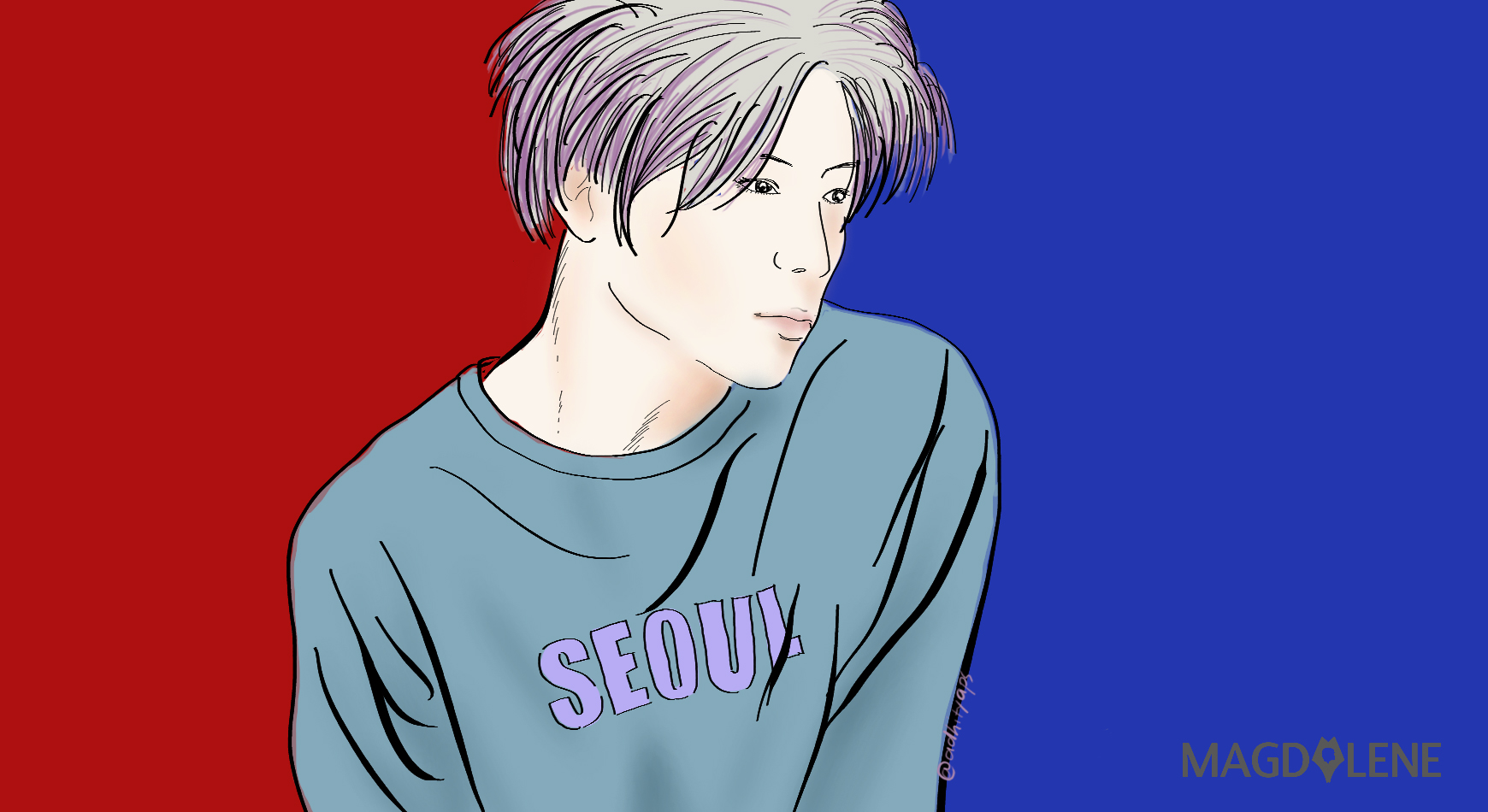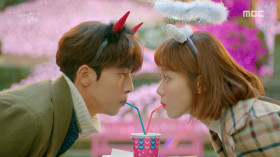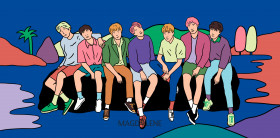It has been almost two months since Kim Jonghyun of the popular k-pop band SHINee tragically ended his own life at 27 in a rented apartment in Gangnam. Having been a member of the K-pop fandom for several years and just fresh off a celebration of my favorite singer’s engagement announcement, I did not want to believe what I read that afternoon. I thought and hoped initially that it would be another one of internet’s twisted jokes about someone’s death, but, of course, since the information came from the police, I knew the chance of the news being wrong was slim.
You see, K-pop isn’t exactly the first fandom that I belong to in. Being 20-something, I have gone through several phases in my life actively admiring and investing my time and energy in famous people, from Disney stars to alternative and indie bands. This was my third time losing someone that I looked up to very suddenly. When Jonghyun died, it wasn’t even six months after Chester’s Bennington’s death, and I had to deal with another talented person who stood up for great causes taking his own life.
Many others like me, who weren’t exclusively Shawols (the name of Jonghyun’s band’s fandom), were blindsided. Jonghyun was undeniably talented. He could sing for the gods. He nailed complicated choreographies with ease. He wrote and produced meaningful songs for himself and other artists. We thought he could still have a great several years of his career before his enlistment, and perhaps even more after that.
The devastation was only made worse upon finding out later that he had been struggling with depression for years and was very open and vocal about it. Many of us only knew him and his group as the band that often showcased colorful stages and performed upbeat songs that are fun to sing and dance to. The idea that the all-rounder Jonghyun was going through what he was feeling was almost indigestible. And the whole K-pop community wasn’t so quiet about this. We expressed our grief, we consoled his fandom, and for once in a usually quarrel-filled community we embraced one another like a real family. Honestly there was something quite beautiful and poetic about that moment, but it’s sad that it had to come in that way.
What comes next is another thing that we also weren’t expecting. The army of keyboard warriors who think their principles and perspectives are more important than someone’s life – who denies the real emotion of a human being in loss. They reduced all aspects of Jonghyun to mere “plastic”.
They mocked us for grieving over his death. They compared our reaction to what’s happening in Palestine, herding people’s judgment in effort to turn our grief into guilt, for being sad for the wrong person.
I remember reading a neutral media account with the headline stating something about Jonghyun now being a part of the 27 club, the supposed list of famous musicians or actors, artists or actors who died at that age. When I clicked on the tweet, a guy had already replied with the gif of Miss Piggy shaking her head.
“Oh, so the afterlife’s now an exclusive club that takes accounts your race and discography now?”
Such malicious reaction baffled me more than it hurt me. A successful young man just took his own life and your priority is to show everyone how Jimi Hendrix’s music is better and how you will gain invisible points because you care more about Palestinian children? Is that even a natural human reaction to another human being’s suicide?
All I had to do was a quick google search to prove my hypothesis. And, I found that, surprise, surprise, this harsh judgment has to do with gender.
A journalist named Hayley Krischer wrote a long breakdown of history of the Hysteria and Teenage Girls dating way back from 4,000 years ago, and it boils down to control. Krischer cited as an example Doris Day’s song “Que Sera, Sera”, pointing out that the part where “the mother” said “whatever will be, will be” shows us a time when women had no control over their life. At that time the music industry was dominated by hyper masculine acts such as Elvis Presley and Frank Sinatra.
So it makes sense that when The Beatles and later Morrissey emerged with more sensitive lyrics, they caused – yup, you guessed it – hysteria. The Beatles and Morrissey basically made young girls felt humanized by their sensitive and vulnerable lyrics, and the young girls screaming in appreciation was a defiant act to the repressive system, said Michelle Janning, a sociology professor at Whitman College.
We see young girls behaving in a way that they are not taught and hoped to be, and their rebellion is provoking a reaction of wanting to get them back in control. To go back to behave the way we want them to behave. You can see the evidence of this when a crowd of girls surrounding a hot young pop star would stir up more conversation than, let’s say, a group of football fans burning tires in the middle of a road.
To conclude, I want to steal from Elizabeth Minkel from New Statesman who said: “You might not like what someone loves, or the way they show their love for it, but if it doesn’t harm you, then what’s the sense in condemning it?”
Emme Rue d’od is the cookie cutter standard millennial that you would imagine. Unlike your local Star Wars bro, she would happily guide anyone who just dipped their toes in K-pop as she thinks fandoms in K-pop is kind of like Hogwarts without maps, guidebooks or textbooks for that matter.








Comments